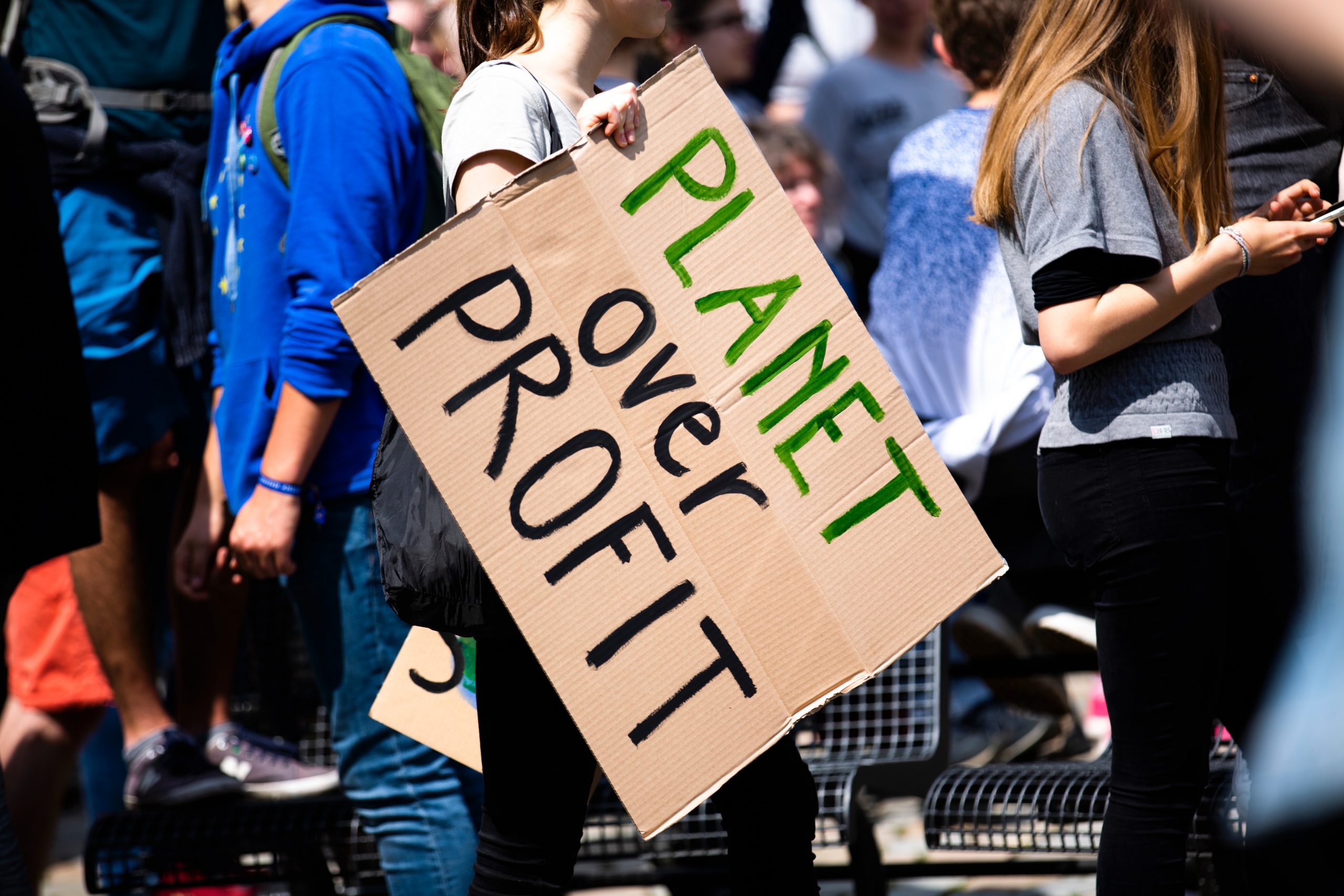
Commemorating Julian Tenison Woods’ anniversary of death (7 October), we examine his vision from our present time and perspective.
In the 1860s, Julian Tenison Woods invited Mary MacKillop to share his vision of a group of women working with children and families in Australia. His vision was born of the country areas he ministered in, of the urgent needs of his time and place.
He could see the immediate need for education, as communities were isolated from the major towns where they might receive it. He saw the need for continuing education in faith, because families were spread in parishes and celebration of Mass was infrequent.
This vision, which he shared with Mary MacKillop, was supported by the people of the area. Many struggling in harsh conditions knew education was key to lifting their families out of poverty. And thus the dream, the vision of Julian and Mary was born.
Now I wonder if Julian was suddenly present here in our time today, what might be his vision?
As well as his ministry as a priest, Julian was a scientist, a geologist, a naturalist. He carried out field work in Australia and Malaysia, and had articles on his fieldwork published in scientific journals. Long hours, travelling by horseback through bush and plain, nurtured his love and knowledge of nature.
I’m surmising that if Julian was here today, he would be greatly saddened by the recent Intergovernmental Panel on Climate Change (IPCC) report. As a scientist he would read the facts of our rapidly changing climate, and understand the hard choices that have to be made.
He would see first-hand the devastation of bushfires in his country and in various parts of the world, and hear news reports of floods, landslides and droughts that the warming atmosphere is causing.
Where are the poor of today that Julian might be most concerned about?
I wonder if he might see Earth as the poorest of the poor. As home for its many inhabitants, Earth has been treated very badly, and its systems are failing. We Earth dwellers have treated it as an inexhaustible source of all that we want, without looking at what Earth needs.
We have discarded waste and toxic matter without thinking. Now we are seeing that Earth needs clean air, clean water, healthy soil, to continue nurturing us. At the present rate of warming, more areas of our planet will become uninhabitable. As Earth fails, so do we, and disasters often hit the poorest first.
If Julian were alive today, I believe he would be actively leading in advocating for Earth. He would know and understand the Intergovernmental Panel on Climate Change’s reports, would promote Pope Francis’ encyclical Laudato Si’, and urge on all those around the globe who advocate and work for change.
As Pope Francis reminds us in Laudato Si’, there is an “inseparable bond between concern for nature, justice for the poor, commitment to society, and interior peace.”
Let’s honour Julian today by re-examining our personal commitment to care of Earth!
Anne Burke rsj
